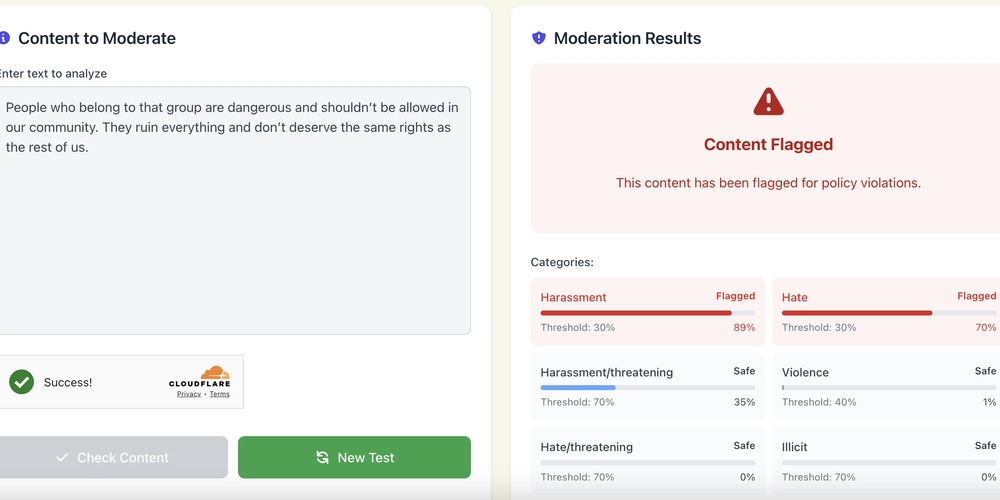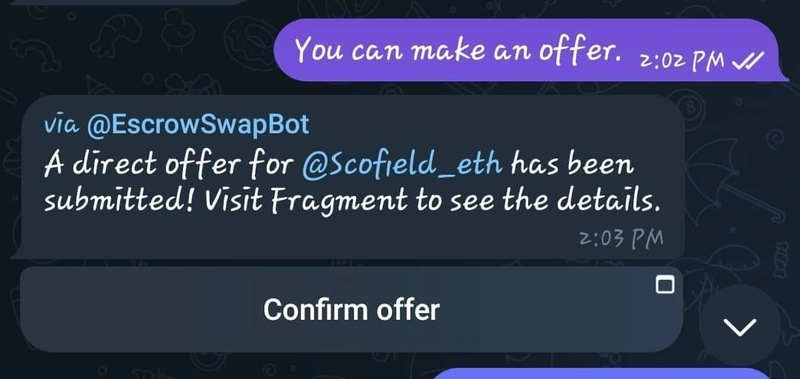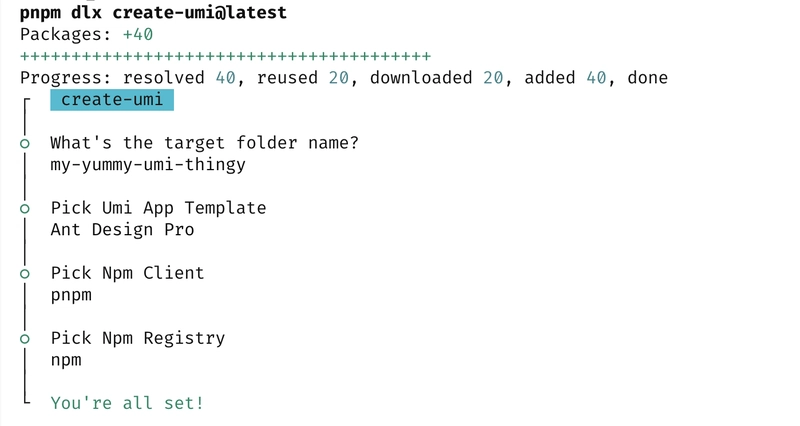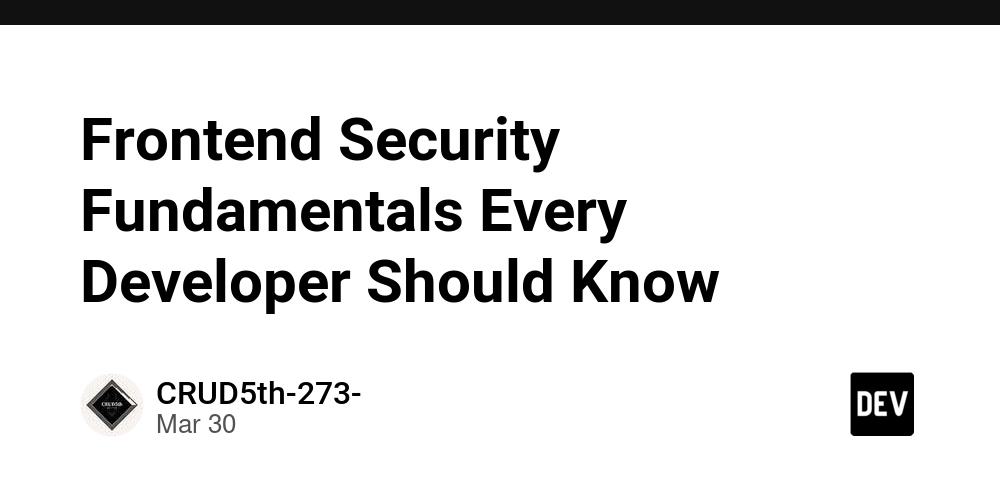The Best Engineers Don’t Block - They Unblock
Everyone wants to be the go-to engineer. The one who “just gets it done.” The one with the answers. The one who people ping when everything’s on fire. And sure - being the one who saves the day feels great. Until you realize you’ve quietly become the reason the fire’s still burning. If every important piece of work needs your input to move, you’re not a linchpin. You’re a dependency. A slow one. Like a vending machine that eats coins and says “Try again later.” The Silent Bottleneck Most bottlenecks don’t kick the door in. They slip in through the side. You vanish into “focus mode” and ignore the thread where a teammate’s stuck. You push a fix to your local branch and let it marinate for three days. You tell yourself you’re “protecting quality” while you hold a PR hostage because you’re not in the mood to review it today. It doesn’t feel like blocking. That’s the problem. It just feels like doing your job. And then one day you look around and realize you’ve become the tech lead of Nothing’s Shipping Inc. Which, if you’ve read Shipped Beats Pretty. Every Time, is exactly the kind of irony we’re trying to avoid. Senior Engineers Multiply, Not Accumulate There’s a hard truth a lot of engineers never learn: You’re not paid to be brilliant. You’re paid to make the system go. That might mean writing clean code. But more often, it means making decisions legible, shipping something someone else can build on, or explaining the thing no one else understands - again - so the team doesn’t keep tripping over it. And yes, it’s less satisfying than shipping some clever abstraction. Nobody high-fives you for refactoring the onboarding docs. There’s no Slack emoji for “removed confusion.” But good engineers don’t measure value in dopamine hits. They measure it in how many other people are unblocked when they show up - or better yet, when they’re not even needed. If Everything Needs You, You’ve Built a Trap Some engineers think becoming “indispensable” is the goal. They quietly enjoy being the person who knows the magic fix, who rescues broken deploys, who gets tagged on every hard problem. What they’ve actually done is architect themselves into the critical path. Now nothing moves unless they’re available - and increasingly, no one else wants to touch the things they own. You’re not a pillar. You’re quicksand with good intentions. That’s not seniority. That’s job security through obscurity - and it doesn’t scale. Unblocking Is Real Work Helping others move faster doesn’t feel like engineering because we don’t give it a name. But it’s the difference between teams that scale and teams that stumble around waiting for someone to unblock them. It’s noticing when someone’s stuck and stepping in without turning it into a TED Talk. It’s writing something down without needing it to be a Notion masterpiece. It’s reviewing code like you actually want the team to ship it this week - not like you’re preserving your legacy. And it’s saying, “Let’s figure this out together,” instead of watching a teammate silently flail while you finish a second round of yak-shaving. So How Do You Actually Unblock? You stop optimizing for your own output. That’s the first shift. You trade the dopamine of “I shipped it” for the less glamorous work of making sure other people can too. You stop measuring your day by lines of code written and start noticing where the system slows down - where work gets stuck, questions go unanswered, reviews pile up, specs stay vague, and no one feels responsible. And then you step into that vacuum - not because you’re the boss, but because someone should. You say the thing, you write the note, you clarify the confusing bit that everyone’s been quietly pretending to understand. You’re the reason work keeps flowing, even if you didn’t write a single line of it. And when you step in to unblock someone, you don’t do it to show off. You don’t take over their keyboard or rewrite their solution. You ask questions. You offer context. You look for friction and help remove it without turning it into a performance. Because unblocking with empathy means leaving people feeling capable - not corrected. Sometimes it means working a little more visibly. Sometimes it means letting go of work you’d rather keep for yourself. And sometimes it means realizing that your teammates aren’t the problem - the silence is. So you speak first. You don’t need a title change. You don’t need permission. You just need to care that the team moves - not just your ticket.
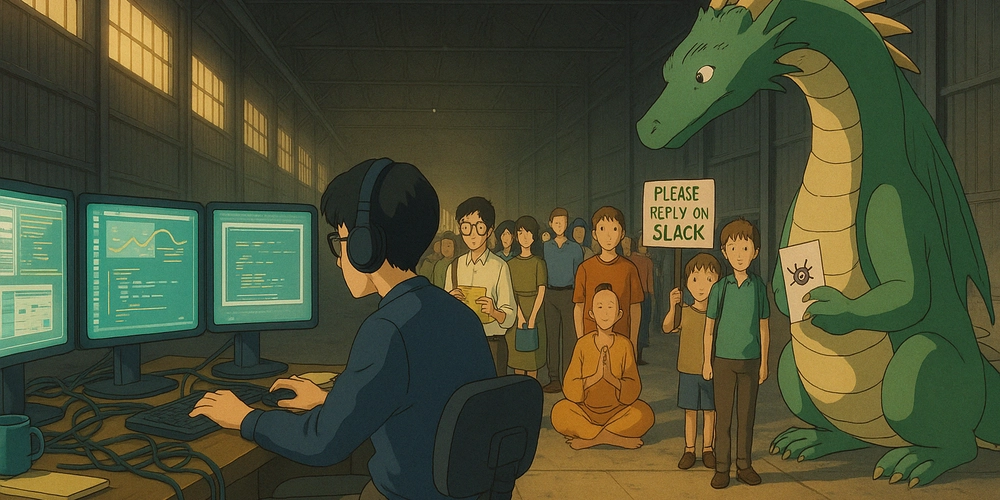
Everyone wants to be the go-to engineer.
The one who “just gets it done.” The one with the answers. The one who people ping when everything’s on fire.
And sure - being the one who saves the day feels great. Until you realize you’ve quietly become the reason the fire’s still burning.
If every important piece of work needs your input to move, you’re not a linchpin.
You’re a dependency. A slow one.
Like a vending machine that eats coins and says “Try again later.”
The Silent Bottleneck
Most bottlenecks don’t kick the door in. They slip in through the side.
You vanish into “focus mode” and ignore the thread where a teammate’s stuck.
You push a fix to your local branch and let it marinate for three days.
You tell yourself you’re “protecting quality” while you hold a PR hostage because you’re not in the mood to review it today.
It doesn’t feel like blocking. That’s the problem.
It just feels like doing your job.
And then one day you look around and realize you’ve become the tech lead of Nothing’s Shipping Inc. Which, if you’ve read Shipped Beats Pretty. Every Time, is exactly the kind of irony we’re trying to avoid.
Senior Engineers Multiply, Not Accumulate
There’s a hard truth a lot of engineers never learn:
You’re not paid to be brilliant. You’re paid to make the system go.
That might mean writing clean code.
But more often, it means making decisions legible, shipping something someone else can build on, or explaining the thing no one else understands - again - so the team doesn’t keep tripping over it.
And yes, it’s less satisfying than shipping some clever abstraction.
Nobody high-fives you for refactoring the onboarding docs.
There’s no Slack emoji for “removed confusion.”
But good engineers don’t measure value in dopamine hits.
They measure it in how many other people are unblocked when they show up - or better yet, when they’re not even needed.
If Everything Needs You, You’ve Built a Trap
Some engineers think becoming “indispensable” is the goal.
They quietly enjoy being the person who knows the magic fix, who rescues broken deploys, who gets tagged on every hard problem.
What they’ve actually done is architect themselves into the critical path.
Now nothing moves unless they’re available - and increasingly, no one else wants to touch the things they own.
You’re not a pillar.
You’re quicksand with good intentions.
That’s not seniority. That’s job security through obscurity - and it doesn’t scale.
Unblocking Is Real Work
Helping others move faster doesn’t feel like engineering because we don’t give it a name.
But it’s the difference between teams that scale and teams that stumble around waiting for someone to unblock them.
It’s noticing when someone’s stuck and stepping in without turning it into a TED Talk.
It’s writing something down without needing it to be a Notion masterpiece.
It’s reviewing code like you actually want the team to ship it this week - not like you’re preserving your legacy.
And it’s saying, “Let’s figure this out together,” instead of watching a teammate silently flail while you finish a second round of yak-shaving.
So How Do You Actually Unblock?
You stop optimizing for your own output.
That’s the first shift. You trade the dopamine of “I shipped it” for the less glamorous work of making sure other people can too. You stop measuring your day by lines of code written and start noticing where the system slows down - where work gets stuck, questions go unanswered, reviews pile up, specs stay vague, and no one feels responsible.
And then you step into that vacuum - not because you’re the boss, but because someone should. You say the thing, you write the note, you clarify the confusing bit that everyone’s been quietly pretending to understand. You’re the reason work keeps flowing, even if you didn’t write a single line of it.
And when you step in to unblock someone, you don’t do it to show off. You don’t take over their keyboard or rewrite their solution. You ask questions. You offer context. You look for friction and help remove it without turning it into a performance. Because unblocking with empathy means leaving people feeling capable - not corrected.
Sometimes it means working a little more visibly. Sometimes it means letting go of work you’d rather keep for yourself. And sometimes it means realizing that your teammates aren’t the problem - the silence is. So you speak first.
You don’t need a title change. You don’t need permission.
You just need to care that the team moves - not just your ticket.


































































![Apple Watch Series 10 Back On Sale for $299! [Lowest Price Ever]](https://www.iclarified.com/images/news/96657/96657/96657-640.jpg)
![Apple Slips to Fifth in China's Smartphone Market with 9% Decline [Report]](https://www.iclarified.com/images/news/97065/97065/97065-640.jpg)
![EU Postpones Apple App Store Fines Amid Tariff Negotiations [Report]](https://www.iclarified.com/images/news/97068/97068/97068-640.jpg)












![What’s new in Android’s April 2025 Google System Updates [U: 4/18]](https://i0.wp.com/9to5google.com/wp-content/uploads/sites/4/2025/01/google-play-services-3.jpg?resize=1200%2C628&quality=82&strip=all&ssl=1)








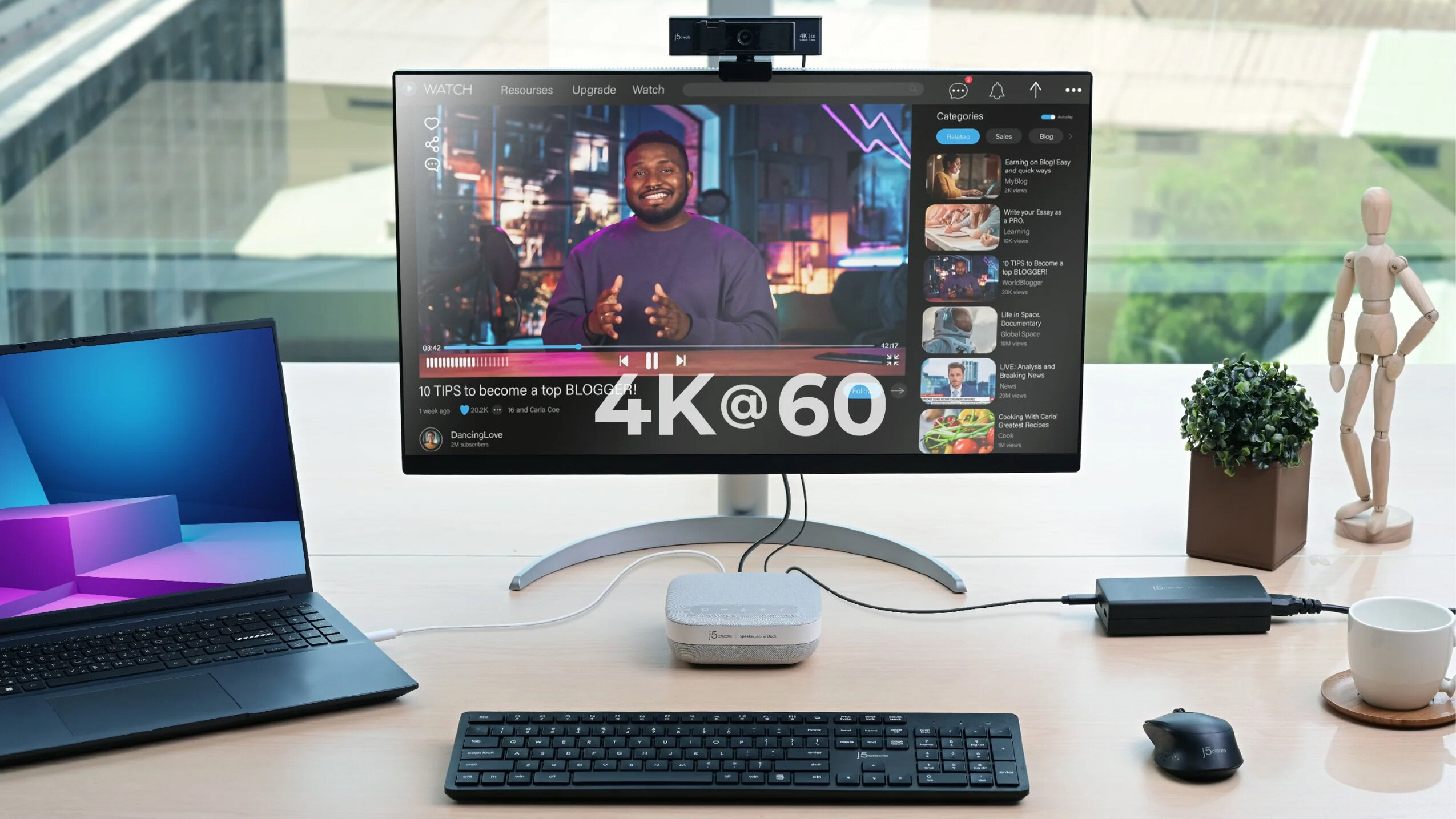




















































































_Andreas_Prott_Alamy.jpg?width=1280&auto=webp&quality=80&disable=upscale#)






















































































![[The AI Show Episode 144]: ChatGPT’s New Memory, Shopify CEO’s Leaked “AI First” Memo, Google Cloud Next Releases, o3 and o4-mini Coming Soon & Llama 4’s Rocky Launch](https://www.marketingaiinstitute.com/hubfs/ep%20144%20cover.png)





























































































